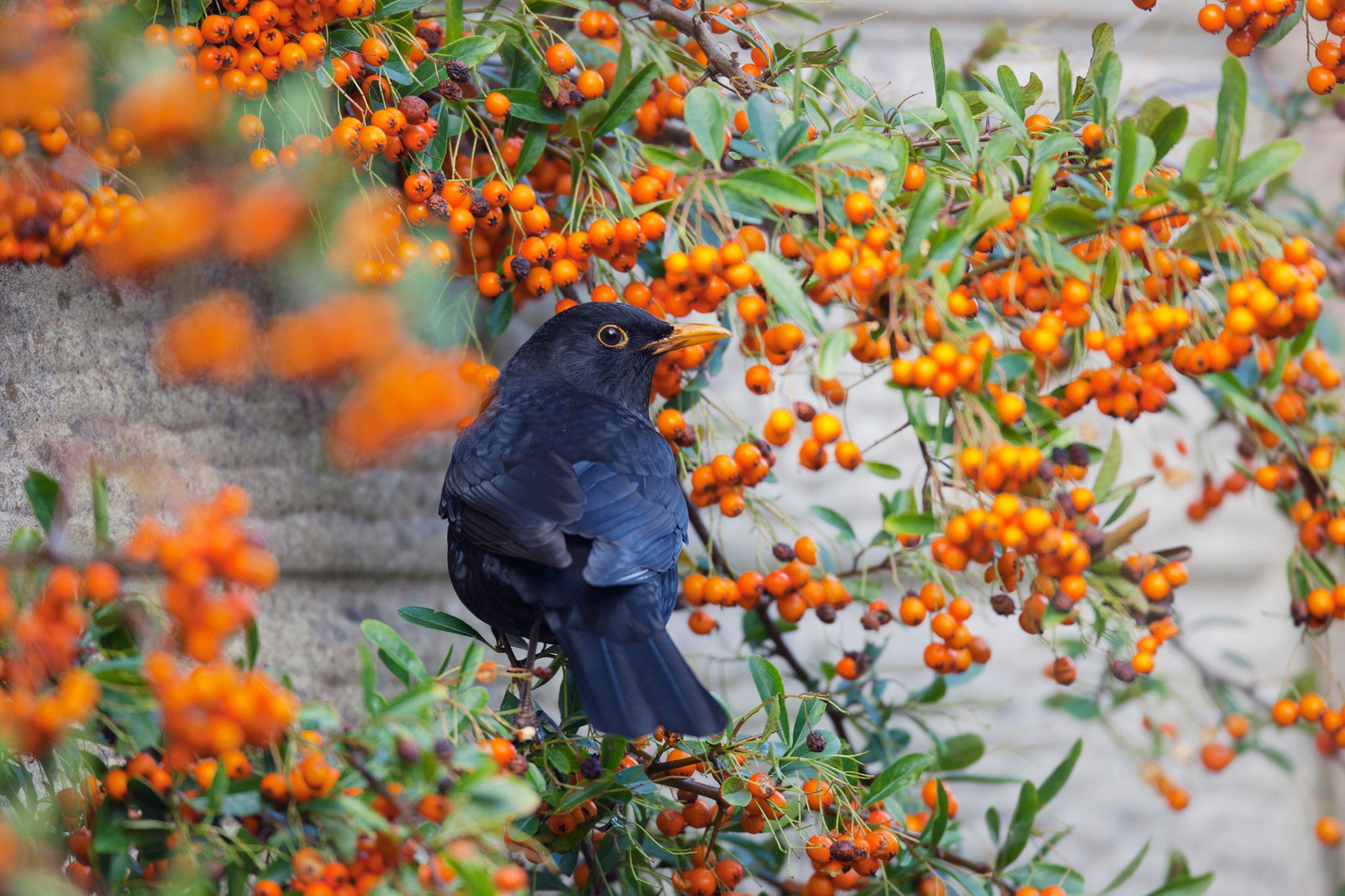Nature Studies: Summer didn’t end today, it’s been over for a fortnight
The shift into autumn in the natural world is marked by spider webs, toadstools and the changing call of the birds

Your support helps us to tell the story
From reproductive rights to climate change to Big Tech, The Independent is on the ground when the story is developing. Whether it's investigating the financials of Elon Musk's pro-Trump PAC or producing our latest documentary, 'The A Word', which shines a light on the American women fighting for reproductive rights, we know how important it is to parse out the facts from the messaging.
At such a critical moment in US history, we need reporters on the ground. Your donation allows us to keep sending journalists to speak to both sides of the story.
The Independent is trusted by Americans across the entire political spectrum. And unlike many other quality news outlets, we choose not to lock Americans out of our reporting and analysis with paywalls. We believe quality journalism should be available to everyone, paid for by those who can afford it.
Your support makes all the difference.Everyone will be aware of the calendar this week because it marks the end of summer. According to the Met Office, autumn starts on 1 September; holidays have come to an end, and the vast majority of children are going back to school. But here’s a radical proposition: summer has actually been over now for a fortnight – or even longer.
You might say that’s obvious, judging by the weather which has marked the second half of August this year. But the summer would have been over for at least two weeks, even if temperatures had been sweltering. For about mid-August, something enormous in the natural world seems to come to end.
Of course, there are already harbingers of a changing season: for one thing, you may have found over the past fortnight that your garden is full of spiders’ webs. This is because garden spiders, which only live for a year, are now reaching maturity and can spin webs 10ft across; earlier, they were tiny and could only spin webs the size of a 50p piece, and so went unnoticed. Similarly, you may have noticed mushrooms and toadstools start appearing in fields and woods. This is because the dead matter on which they feed is beginning to accumulate.
More on this:
The BBC is all at sea with its plans to dispense with the Met Office
One of our best-loved songbirds is dying out because of pesticides
Restoring natural habitats is expensive - but it's worth every penny
But the sign of a shift in the natural world is most clearly apparent in birds, and in particular in the change in their vocalisations, the noises they make, which are of two distinct types – songs and calls.
Bird songs are often long and complex; calls are much shorter, and are used as warnings, or as means of contact (“I’m here!”). Take the blackbird: its song is rich and melodious, but its warning call – when it spots a cat, say – is just a sudden burst of half a dozen staccato notes, which many people will be familiar with.
It was long thought that the songs of birds represented singing just for the joy of it; but nearly a century ago an English industrialist and amateur ornithologist, Eliot Howard, discovered that they are signals made by male birds to defend a territory against other males, and to attract female birds as mates. And here’s the interesting thing: by August, the songs disappear, and only the calls remain.
A clear example is that of the tiny warbler, the chiffchaff; its repeated chiff-chaff chiff-chaff song is for many people the first sound of spring when it is heard in March. But now the chiffchaffing is finished, and the bird is everywhere giving its contact call, which is a quiet but insistent fweep!, unmistakable once you know it.
This happens across the bird world, and the reason is simple: the business of mating and breeding is over and done with, and song is no longer needed. (An exception is the robin, which carries on singing as it defends its territory right through winter).
When I hear the shift from songs to calls, in mid-August, something deep inside me is sure that summer is finished, even if the calendar says there’s still another two weeks to go.
A yearly celebration of nature
This early end of summer is very appropriately marked by the British Birdwatching Fair, now universally known as Birdfair, and held at the Rutland Water nature reserve for the past 27 years, this year from 21-23 August. I went this year for the first time in a while; it has moved beyond birdwatching (although that’s still its principal purpose) and is now a wonderful celebration of nature in all sorts of forms, from butterflies to bats.
Join our commenting forum
Join thought-provoking conversations, follow other Independent readers and see their replies
Comments